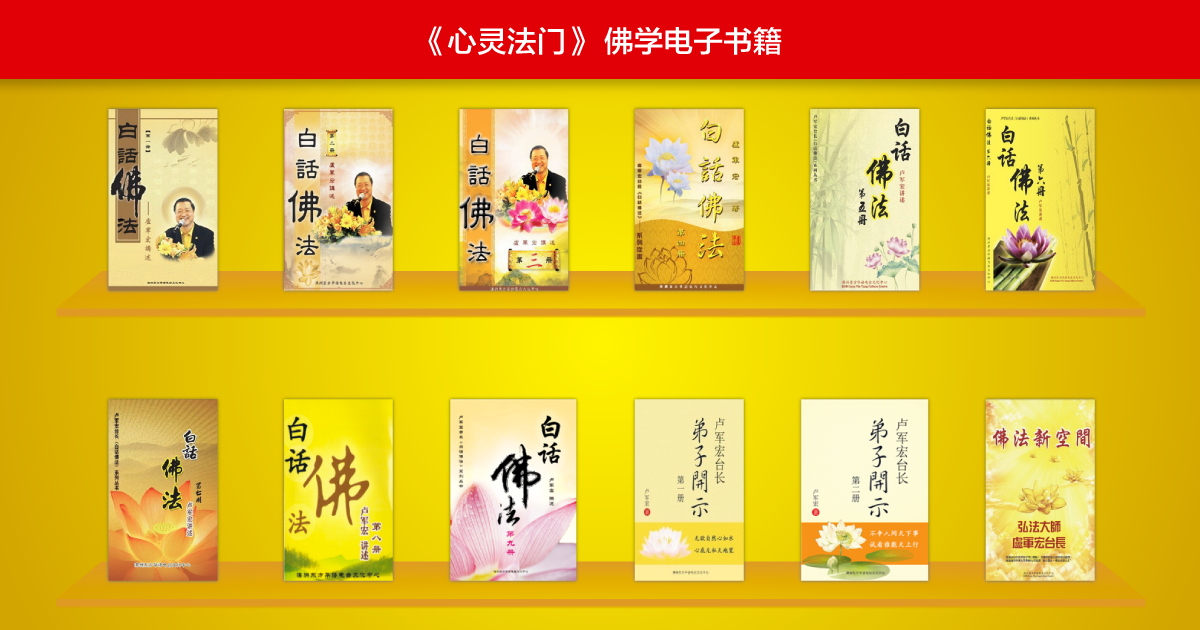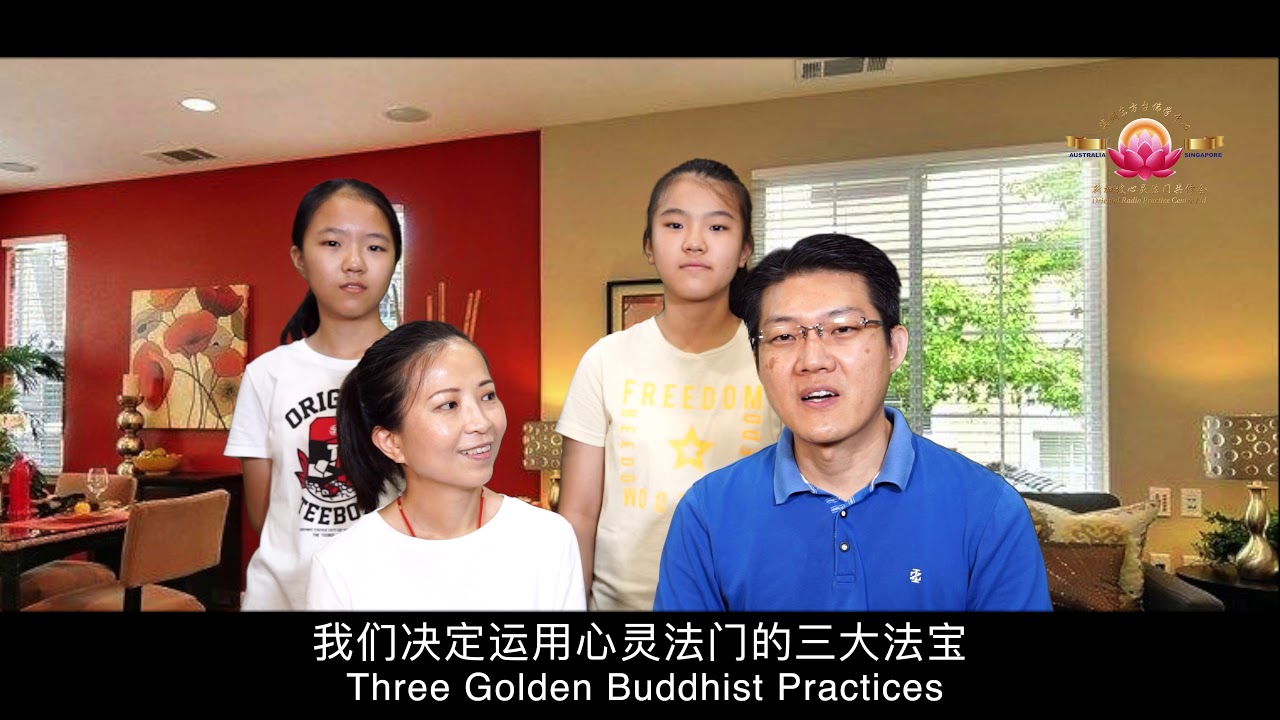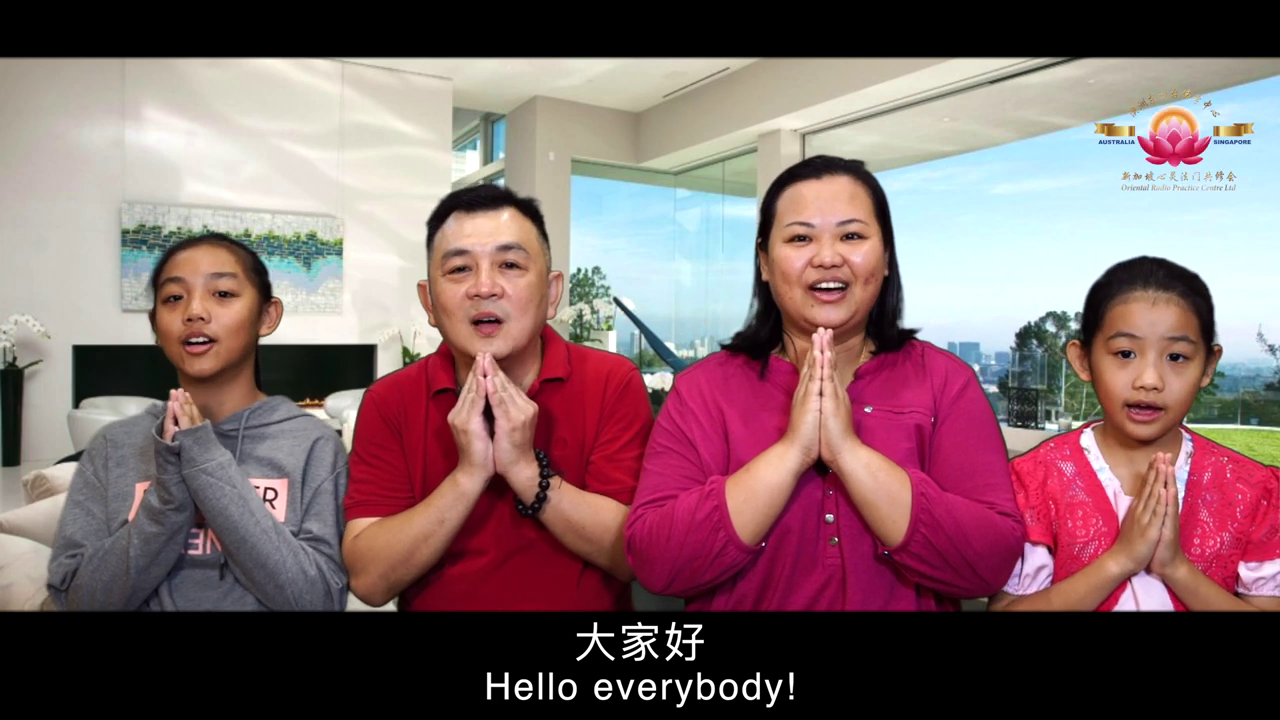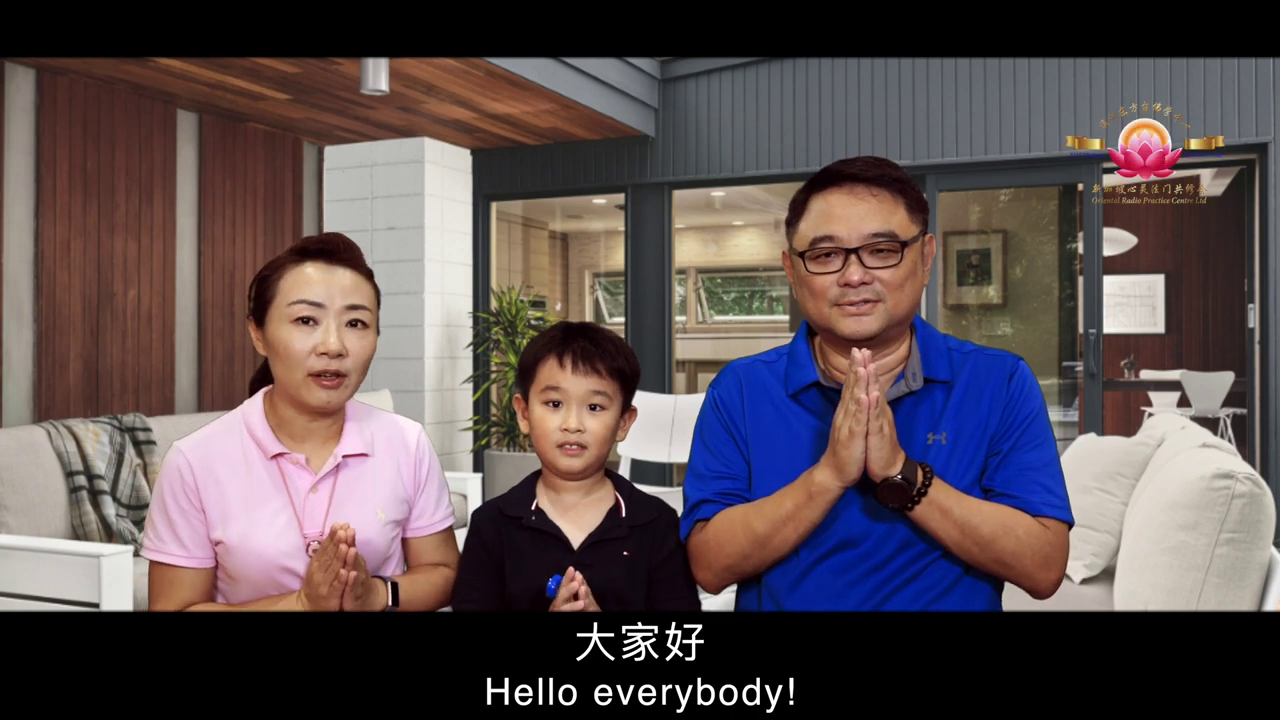Question #77:
Master Lu, as lay Buddhist practitioners, should we transfer merits and virtues when we recite Buddhist scriptures?
Answer #77:
• We perform daily recitation and recite Little Houses on a regular basis. Should we transfer the merits and virtues thus obtained? It is best to act in accordance with karmic conditions.
• Transferring merits and virtues is a major undertaking to practise giving. When you say that you are going to transfer merits and virtues to your karmic creditors from past lives or sentient beings who have affinity with the Buddha, that means you are going to transfer all the merits and virtues obtained from reciting sutras and mantras to all the beings across the heaven, earth and human realms to repay the four kinds of kindness above and ease the suffering of the three lower realms. This is a very powerful vow.
• It is a great vow; it embodies a great fearless spirit. However, it also requires sufficient merits and virtues. Only if you have accrued a tremendous amount of wholesome conditions, merits and virtues can your transference be fulfilled.
If you have not yet accumulated enough merits and virtues but regularly recite the Verse of Transference, it is similar to donating merits and virtues beyond your capacity. For example, if you work very hard and only earn $100, you can donate this money to help all the people in the world who are suffering from poverty. However, the amount of money that you can donate is too little, and the ghosts and spirits that you wish to save are too many. Not only are you not able to help them, but you would also end up with no money at all.
• As Buddhist practitioners, we should aim to awaken ourselves and others. If you have the ability, then you should help and save others. If you do not have enough power yet, then you should save yourself first before you save others.
• For practitioners of Guan Yin Citta Dharma Door, when we perform daily recitations and recite Little Houses, the prayer we say before reciting sutras and mantras is in fact a form of transfer. It is a direct transfer: The merits and virtues will be directly transferred to the person for whom you recite. For example, if you recite for yourself, the merits and virtues will be directly transferred to yourself. It is simply a matter of a difference in transference methods.
All acts of kindness must converge. Master Lu teaches us that only after attaining the necessary spiritual state can we make the resolve to do a greater transfer of merits and virtues and awaken sentient beings universally.
- 文字记录适合同修学习心灵法门知识和查阅相关问题。若同修有时间请尽量多听原录音,因为听录音可以接到台长的气场。
- 录音文字整理尽量保持与原录音一致。但因对话交流带有语气,文字整理不可能完全还原情境。
- 录音中部分问题台长回答为个例,请勿以个别代普遍。
- 如读者遇到文字记录与自己理解差异较大的内容请以原录音为准(每段文字记录均有标注原录音时间段,方便查找)。
- 节目文字整理涉及的开示是节目录音当前日期的开示,后续若同修听到或看到同类问题新的开示,请以新开示为准。
- 本文字内容未经东方台审核,请谨慎擅自编辑成书及出版!







